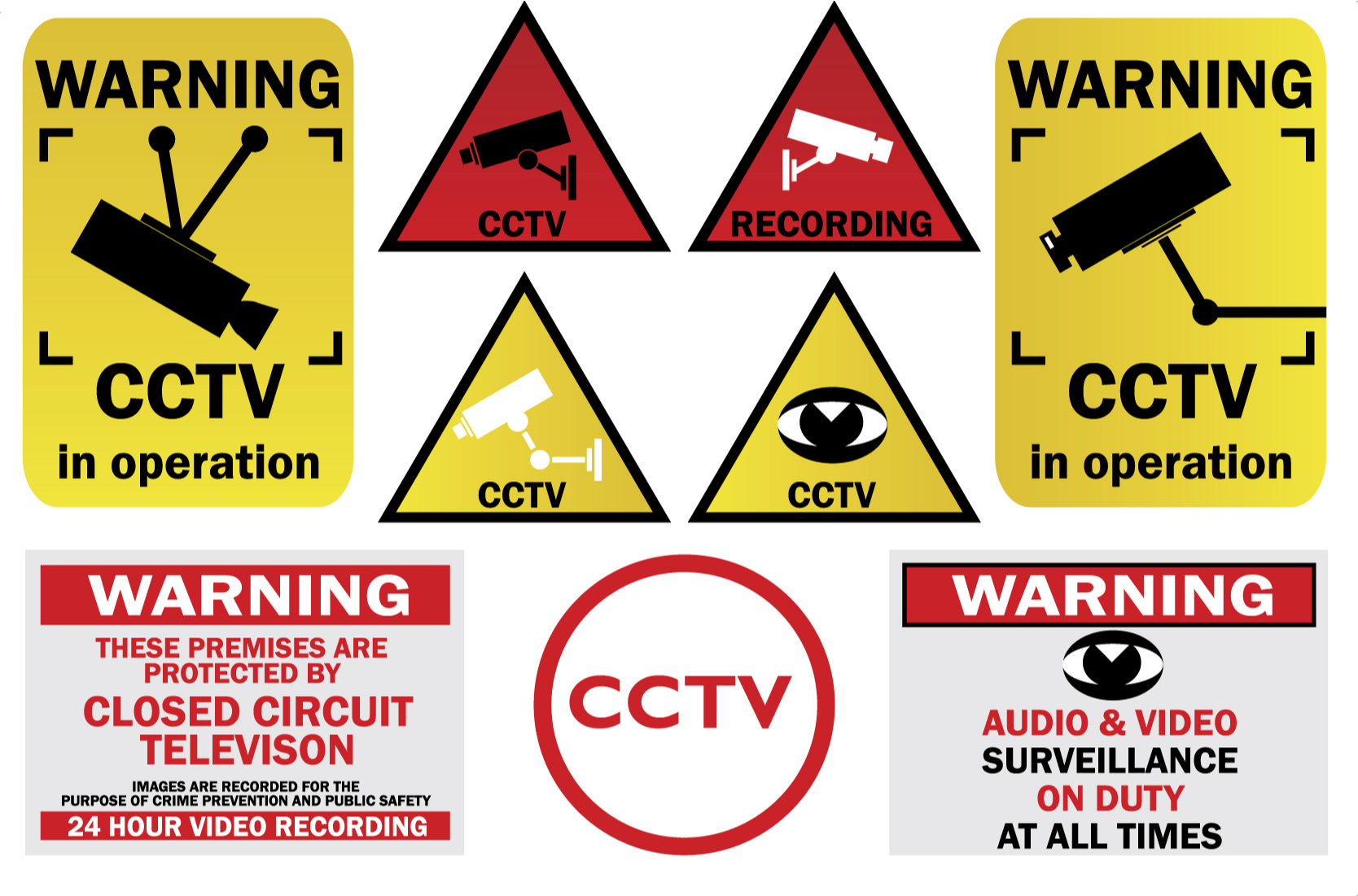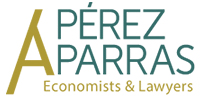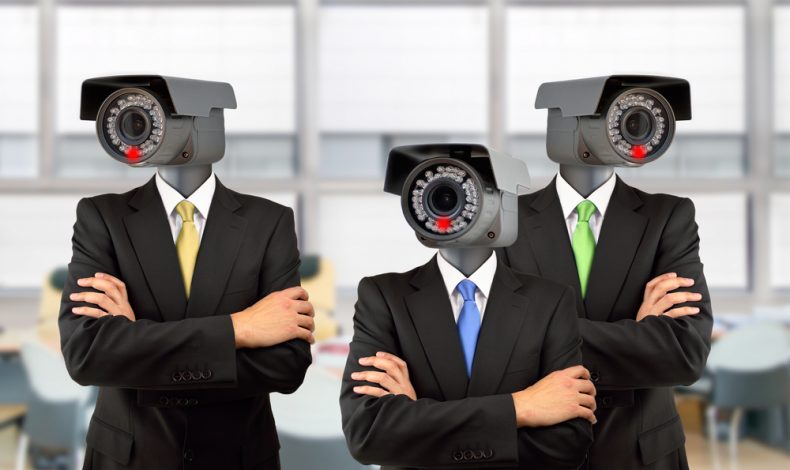Is it a crime to install surveillance cameras on your company property?
Video surveillance is one of the most used and reliable measures to verify the worker’s compliance with his work obligations and duties (art.20.3ET).
But, in turn, it entails a series of requirements that, if not met, may result in a penalty (art.76.1 LOPD) for the company of:
1. Up to 20,000,00.00€ or,
2. 4% of the total annual business volume of the previous financial year.
The Pérez Parras Economists & Lawyers Firm in Málaga and Nerja provides the requirements to comply with the right of information in your company and avoid infractions:
Report the existence of a video surveillance system to all users of the centre.
Consequently, sufficiently visible signs are to be placed at the entrances of the monitored areas.
The AEPD – State Agency for Data Protection – puts at your disposal a poster model on its website.
Provide those affected with access to their stored data.
Communicate the implementation of the video surveillance system to workers and union representatives.
It must be done by any means that guarantee the receipt of the information (except for private addresses and messages to personal telephones).

How and where should security cameras be installed for video surveillance without committing a crime?
Cameras will only capture images of the essential spaces for labour control.
They will not be located in the workers’ changing rooms, bathrooms and rest areas.
If adjustable and / or zoom cameras are used, privacy masking will be installed to avoid capturing images of public roads, land, homes or any other outside space.
No private conversations will be recorded.
A recording system will be located in a monitored restricted-access area.
Processing of images obtained by video surveillance systems:
Only authorised personnel will access recorded images.
Access by Internet connection will be restricted with a user code and password (or any other method that guarantees a unique identification and authentication).
The images will be kept for a maximum period of one month from their capture.
Images used to report crimes or infractions will be accompanied by the complaint.
When required by Judicial Bodies, they must be kept for delivery, and cannot be used for another purpose.
A request for images by the Security Forces and Authorities will be carried out within the framework of judicial or police actions.
The prerequisite for the owner of the process is the document that protects him when he has to transfer data to the Authorities or to the Courts that require the data, thus respecting the privacy of those affected.
Besides all the specifications needed by the LOPD to avoid punishment with regards to video surveillance, there is also jurisprudence that, in recent years, has made it questionable whether surveillance takes precedence over:
1. Either the right to information and privacy of the worker
2. Or the right of the company to defend itself against a serious crime the employee committed.

Here are some of the rulings that Pérez Parras Economists & Lawyers have analysed and which put the company’s right to defend itself before the worker’s privacy, when using video surveillance systems:
1. European Court of Human Rights, sec. 3rd, S 09-01-2018, nº 8567/2013, nº 1874/2013:
• Five workers, dismissed in a disciplinary way for robberies committed within the company, sue the company for installing a video surveillance system without being informed, violating their right to privacy.
• The Court considered the evidence recorded by the cameras to be valid. These were not the main evidence, but there were also witnesses who confirmed the crime committed by those workers.
2. TSJ Cataluña Social Chamber, sec. 1st, S 08-04-2016, nº 2064/2016, rec. 714/2016:
It endorses the sentence of fair dismissal: by processing data obtained via video surveillance cameras in the workplace, the employer did not need the express consent of the worker for the treatment of the images obtained through the installed cameras.
The worker took cash payments for products without registering the sale.
In this particular case, the company had not informed the employees one by one, but had informed their representatives. It had even left a poster on the bulletin board notifying the installation of video surveillance cameras.
3. European Court of Human Rights, Grand Chamber, of 10-17-2019:
• Serious irregularities and losses caused to the company resulted in the crime committed by the workers to be more harmful than the violation of their right to information and privacy.
Our recommendation is to always comply with what the law stipulates, and our Firm, Pérez Parras Economists & Lawyers can help you with this.
Do not hesitate to consult our office of Economists & Lawyers in Malaga and Nerja.
We are specialists in Data Protection, offering our services both to carry out what the LOPD specifies, and to study your case and provide you with a legal defense, should you need it.


LEAVE A REPLY